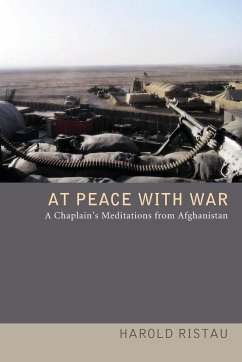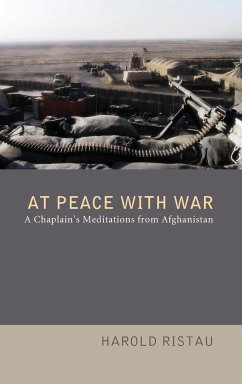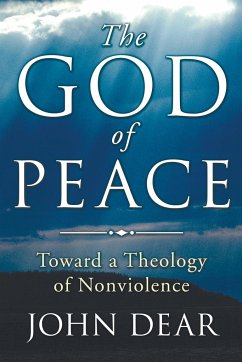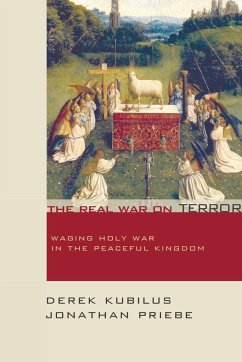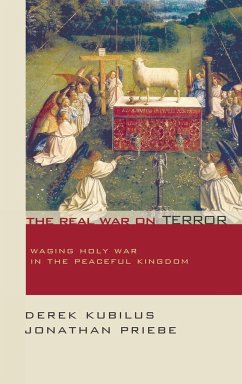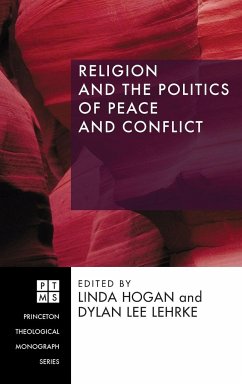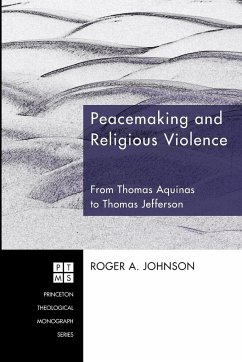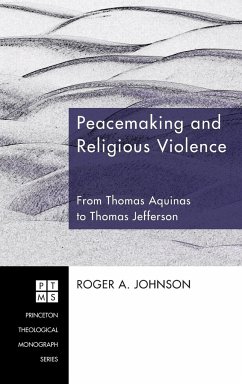Although the moral and ethical dimensions of NATO presence in Afghanistan has been the focus of debate by politicians and media alike, questions of the religious culture and spirituality that underlie the complexities of both the conflict and convictions of those affected have rarely been discussed. The entries of this thought-provoking journal offer a unique window into this strange and unpredictable war-torn realm from the perspective of a Christian army chaplain who has experienced the terrors of war "from the foxhole." This diary represents the brutally honest, yet deeply spiritual reflections and questions of a Lutheran clergyman whose aim is not to justify, but to record, the life of faith. Join Padre Ristau in a journey marked by episodes of wonder and struggle, celebration and hardship, and come away . . . changed. True stories: some inspiring; some frightening. Yet none of them remain unfamiliar to the Divine.
Bitte wählen Sie Ihr Anliegen aus.
Rechnungen
Retourenschein anfordern
Bestellstatus
Storno

